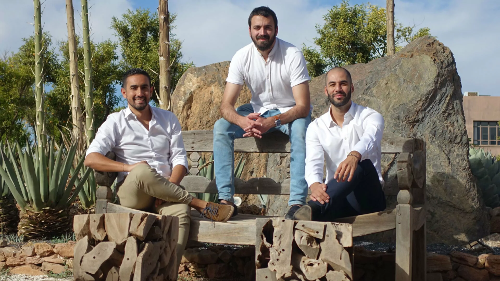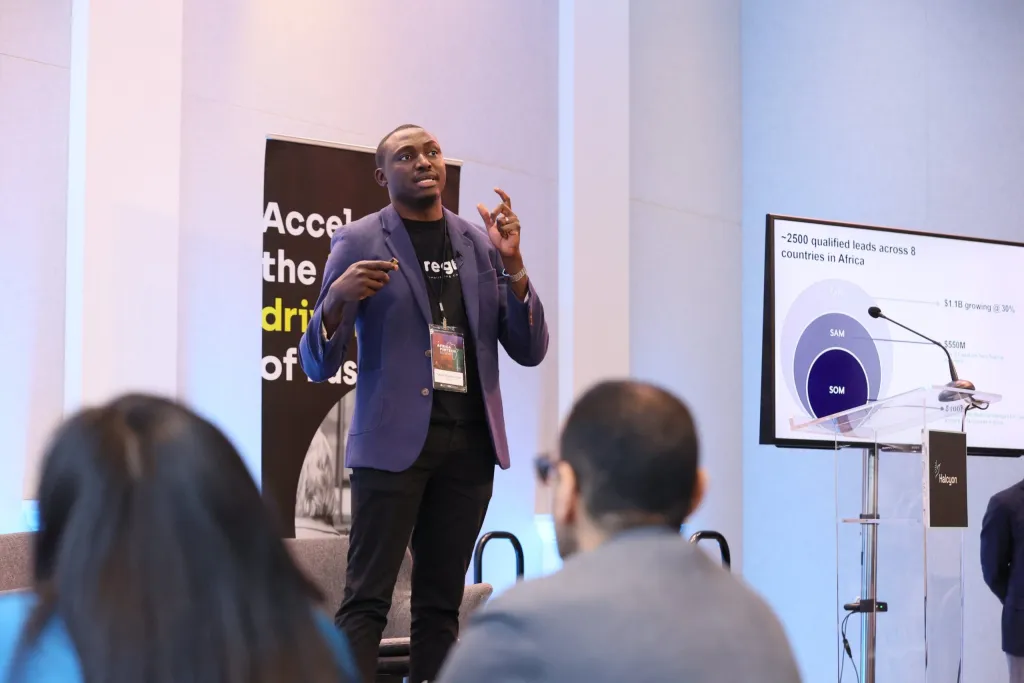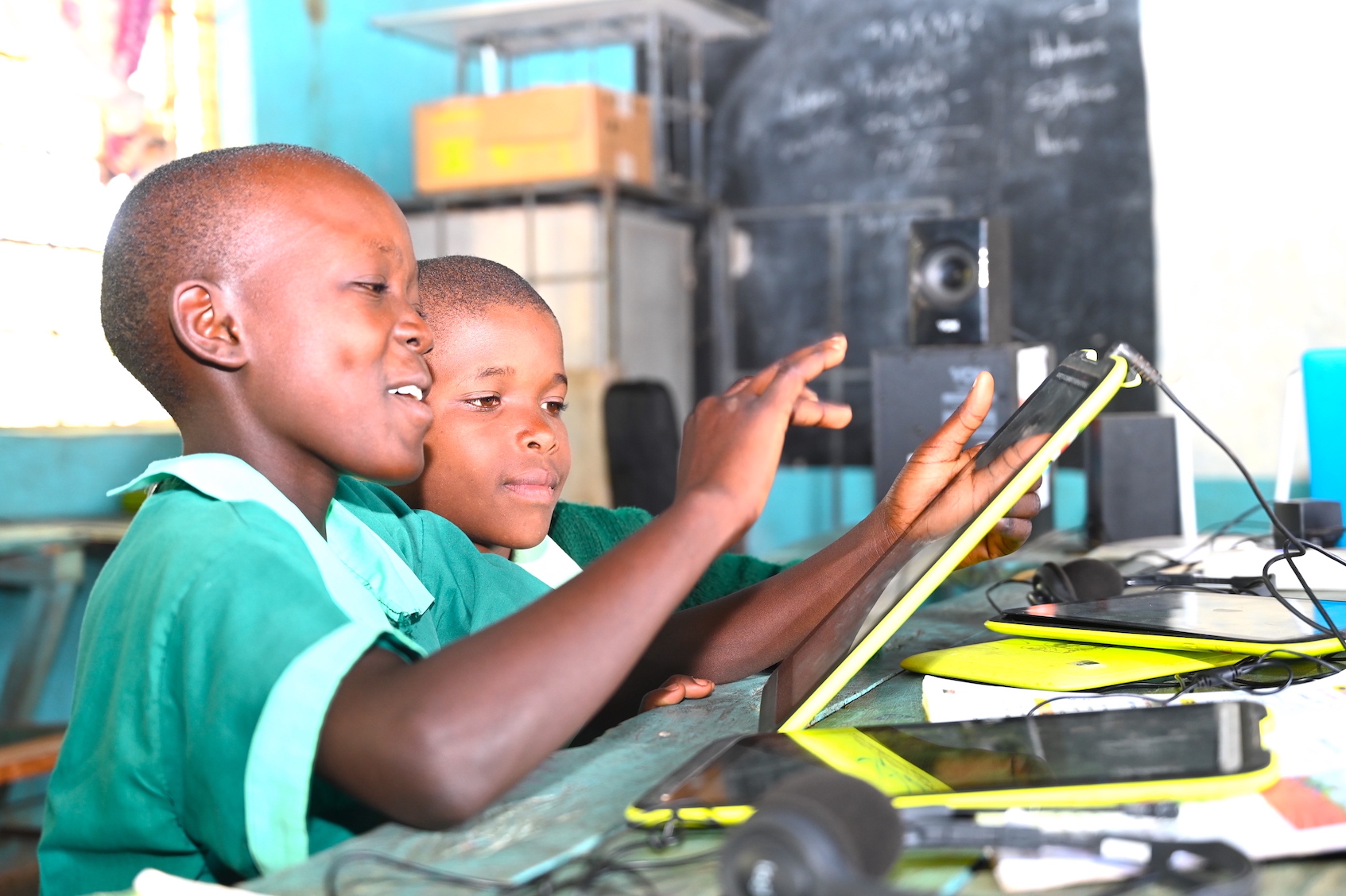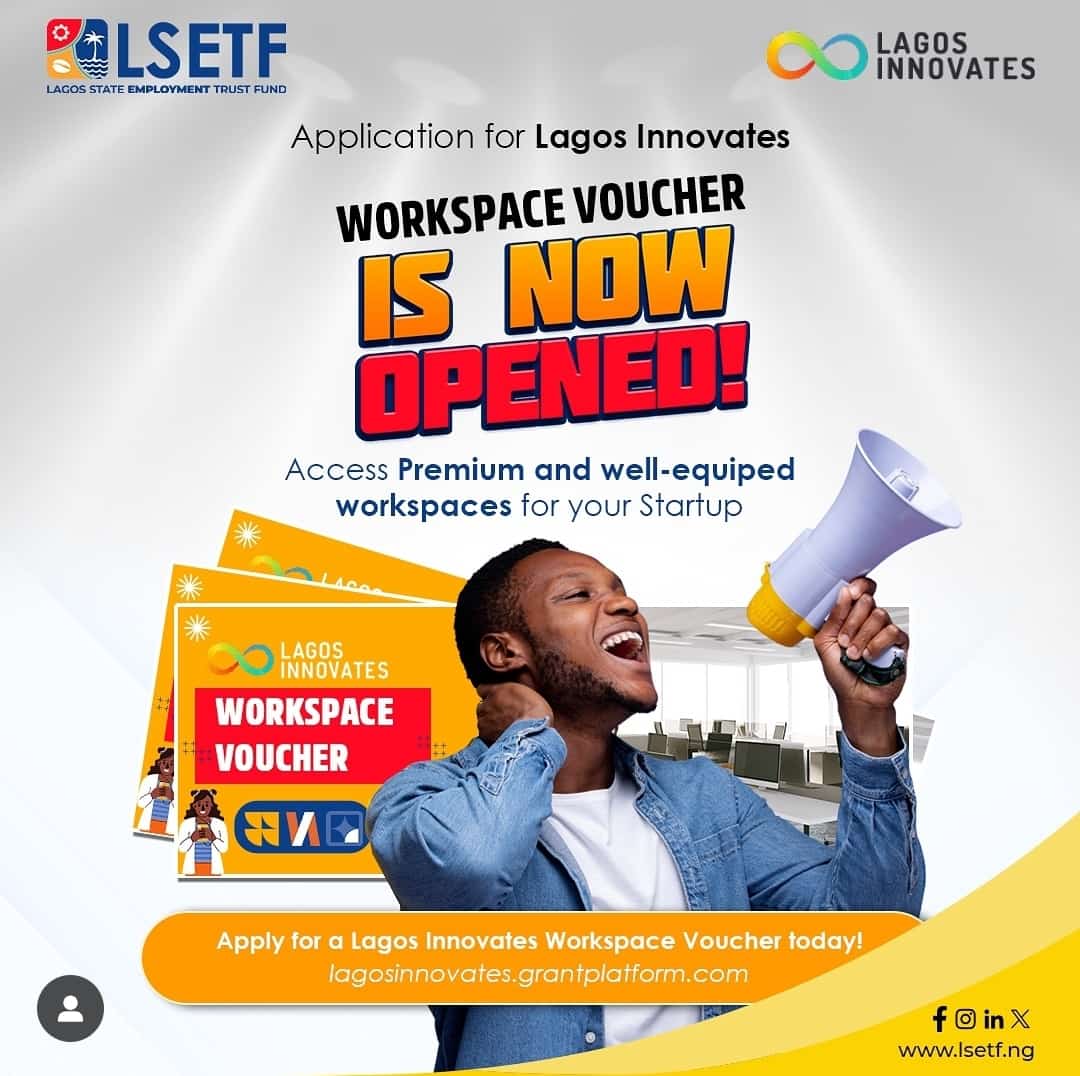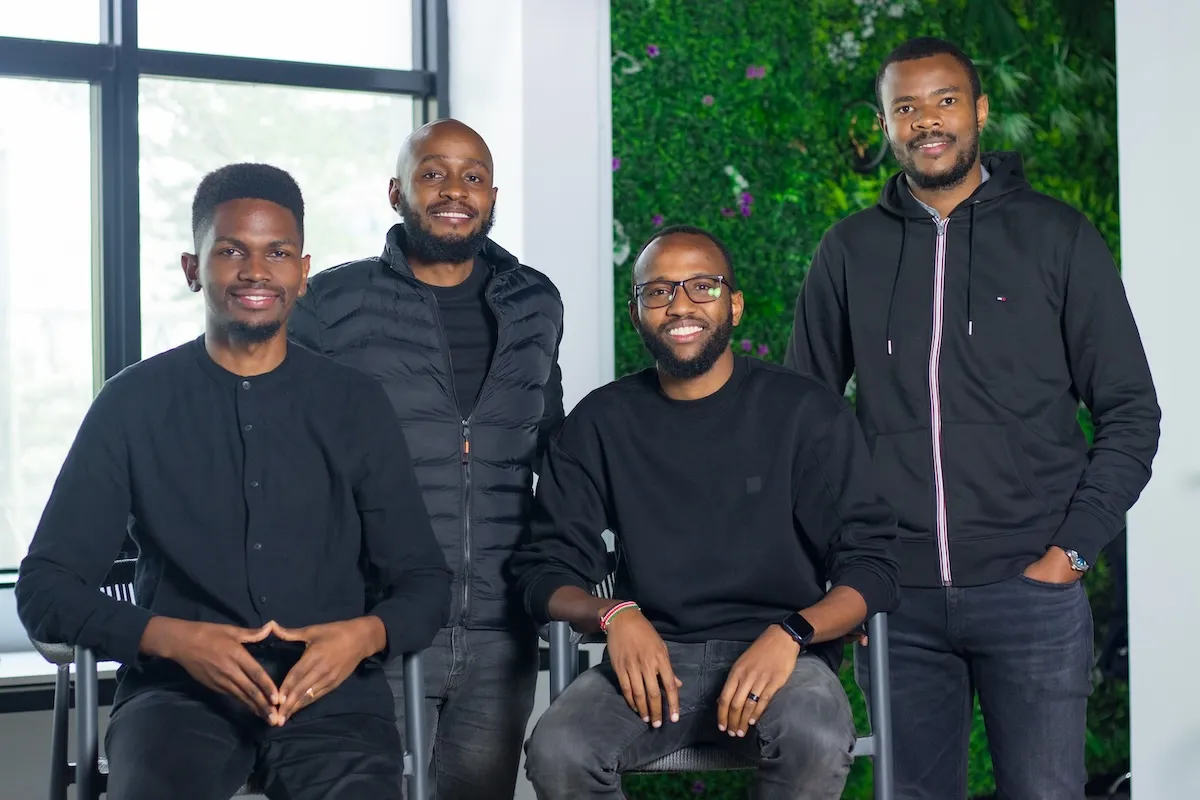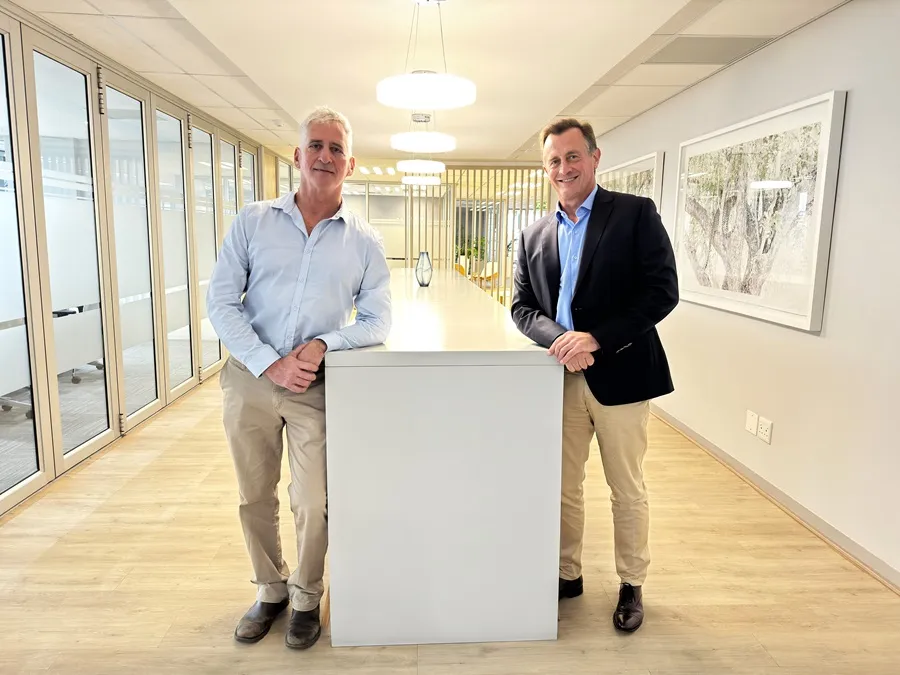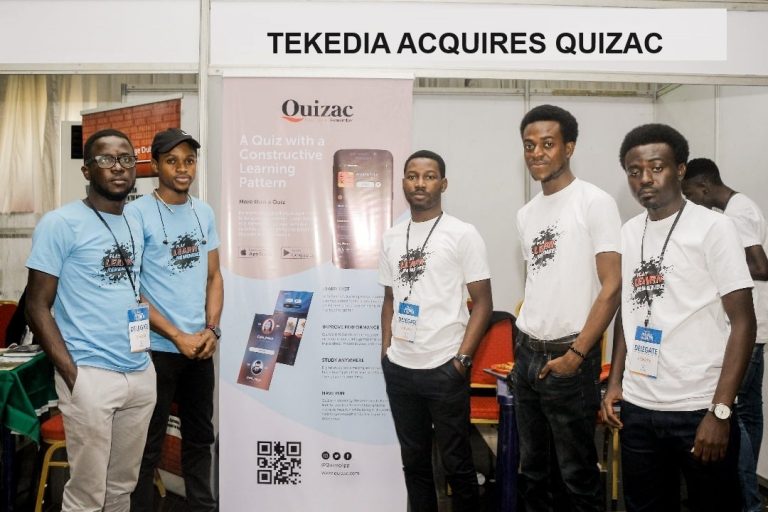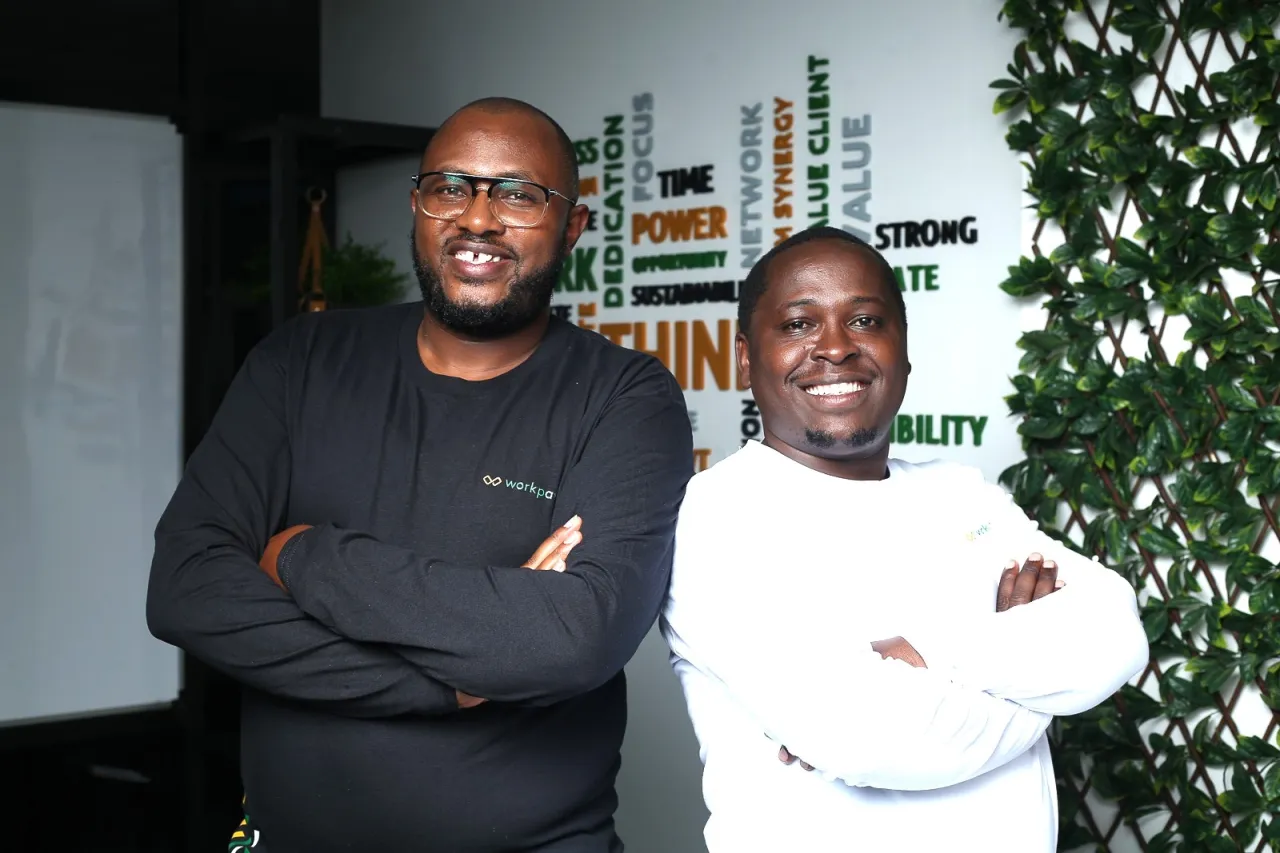Userguest, a Moroccan hospitality-focused startup, has raised $2.4 million in funding to enhance its market reach and boost product development. Founded in 2018 by Ahmed Chami, Assil Bernossi, and Hicham Benyebdri, the company specialises in helping hotels maximise direct bookings by converting website visitors into paying guests through personalised messaging and intelligent incentives.
With operations in over 30 countries, Userguest has generated over $100 million in direct revenue for hotels since 2019. The startup plans to strengthen its sales team to deepen its presence in key markets and position itself as a leader in direct revenue optimisation.
Read also: Healthtech startup secures $11M to combat maternal mortality
Key Investors and Strategic Growth
The funding round was led by Al Mada Ventures, with participation from CDG Invest, Saviu Ventures, UM6P Ventures, Kalys VC, Plug & Play, and angel investors Philippe Limes and Thane Kuhlman. Co-founder Hicham Benyebdri expressed confidence in the company’s ability to revolutionise hotel revenue optimisation. “Having earned the trust of leading hotel brands, we are ready to elevate Userguest, enhancing hotel performance and enriching user experience,” Benyebdri stated, highlighting the importance of this investment for further expansion and innovation.
Userguest Innovating Hospitality Tech
Userguest’s mission is to set new benchmarks for innovation in hotel technology. Co-founder and CTO Ahmed Chami emphasised that the startup is developing a new product to address critical gaps in the market while refining its existing platform.
This innovation aligns with the broader trend of the African hospitality sector’s growing technology adoption, particularly as the industry is projected to reach $731.4 billion by 2032. “We aim to provide tools that simplify revenue generation for hotels while offering enhanced experiences for travellers,” Chami shared.
Read also: SEO for startups: A guide to boosting online visibility
Tapping into Africa’s Hospitality Boom
The African hospitality industry is undergoing significant growth, and the increasing adoption of technology to improve customer experience, streamline operations, and promote sustainability is reshaping the sector. Companies like Userguest can capitalise on this trend by offering solutions that help hotels optimise performance.
With the recent influx of funds, Userguest is poised to further solidify its standing as a tech innovator in the hospitality industry while contributing to the broader digital transformation of African businesses.
As Userguest continues its growth trajectory, its plans to introduce new tools and expand its market presence signal a promising future. By providing solutions that help hotels convert visitors into guests more efficiently, Userguest addresses a critical need within the hospitality industry and enables hotels to navigate the digital landscape better.
With its focus on both innovation and expansion, Userguest’s recent funding will propel the company to new heights, benefiting both hoteliers and travellers while playing a vital role in the future of Africa’s hospitality sector.
